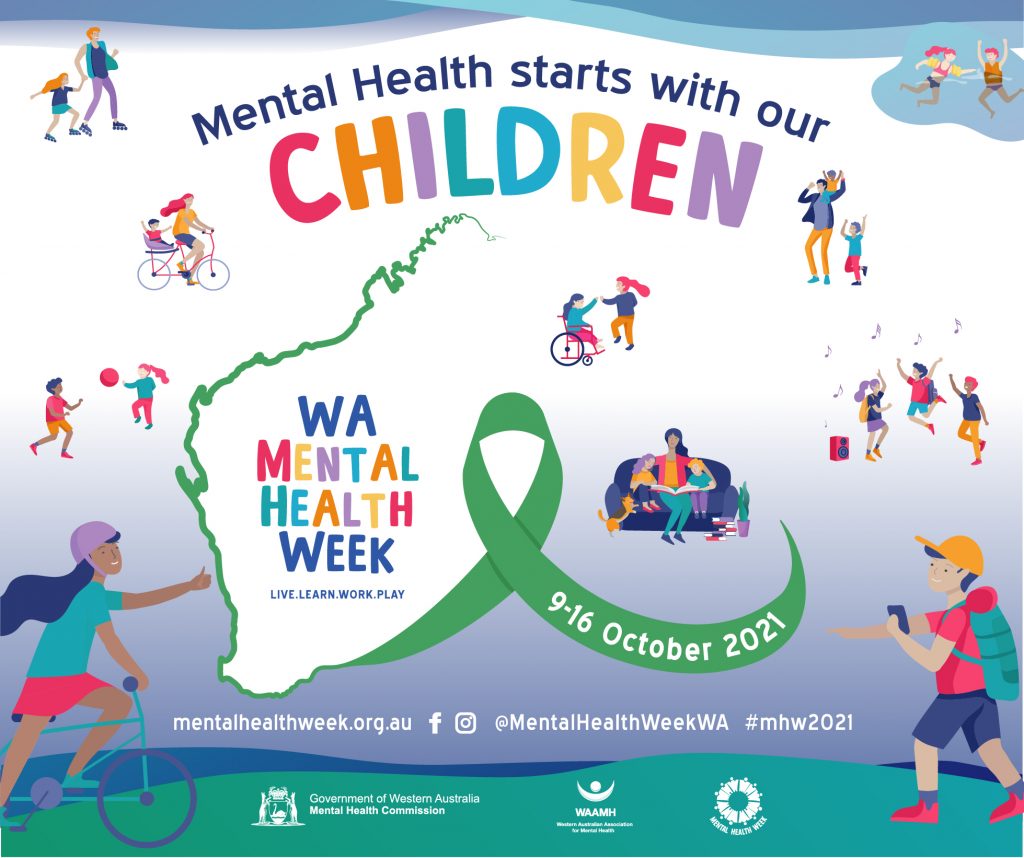In honour of World Mental Health Day on 10 October, Western Australia’s Mental Health Week from 9-16 October 2021 has provided a great opportunity for us to look back through the Raine Study’s research.
With its theme of “Mental Health Starts With Our Children”, Mental Health Week is a timely reminder that the study of the early-life causes of mental health is critical to understanding mental health issues later in life.
The Raine Study has played a significant role in advancing scientific understanding of the pre-birth origins of mental health. Lead by Dr Monique Robinson and Associate Professor Ashleigh Lin from the Telethon Kids Institute, researchers in the Raine Study’s Psychology Special Interest Group have been fortunate to have extensive data from our Generation 1 participants (the mothers originally recruited into the Raine Study at 18 weeks pregnant, between 1989 and 1991) to inform their study of the mental health of the Generation 2 cohort members (the babies born into the Raine Study between 1989 and 1992).
Thanks to the consistent involvement of these participants – parents and kids alike – with the Raine Study over the last 30 years, the Raine Study is able to provide access to multiple generations of mental health data to help us understand more complex generational questions about mental health problems and how they develop. It’s access to such an extensive array of information that enables researchers to identify the factors that are really important in the development of healthy minds, not just from childhood onwards, but from pre-birth, in-utero and even earlier with the mother’s own pre-pregnancy health.
World-first findings from the Raine Study have included:
💚 Mothers who are obese or overweight pre-pregnancy increase their children’s risk of depression
💚 Babies who are delivered at 37 weeks gestation or earlier are at increased risk of behavioural problems in childhood
💚 Maternal choices during pregnancy (regarding alcohol or smoking) are shown to affect a child’s emotional and behavioural development
💚 There are specific biological risk factors associated with neurodevelopmental disorders during childhood.
Review the findings for yourself in this webinar we held last year to explore our mental health research impact. Mental health research will feature in the presentations to be given by students, early-career researchers and mid-career researchers at our 2021 Annual Scientific Meeting on 29 October.
We’re grateful to our world class scientists and researchers who have conducted so much incredible research in the field over the last 30 years, and in particular our participants for providing multiple generations of data to help us understand the more complex generational factors impacting mental health.

